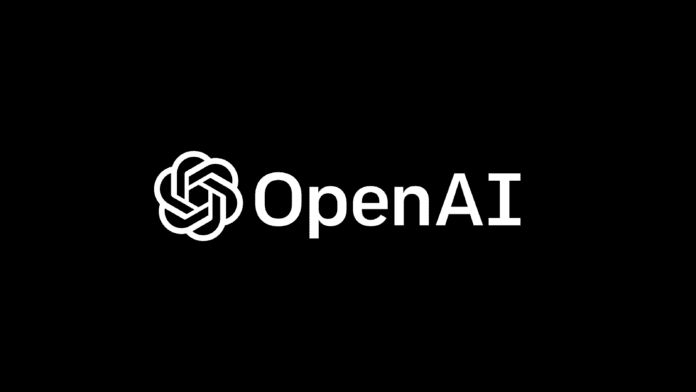Microsoft is stepping down from the board of the AI startup OpenAI, citing improved governance at the company over the last eight months. The move comes as scrutiny ratchets up on both sides of the Atlantic.
Apple, which only this month said it would use OpenAI’s ChatGPT in its devices, was expected to take an observer role on the OpenAI board. But, according to the Financial Times, Apple declined.
The observer seat, apart from Microsoft’s whopping $10 billion investment, has attracted the attention of antitrust watchdogs in Europe, Britain, and America, who are questioning if that gives too much power to Microsoft.
Microsoft in a letter dated July 9 addressed to OpenAI said it had “continued to advance in new and innovative partnerships, deliver for a growing set of customers, and further OpenAI’s mission since Sam Altman became Chief Executive Officer”.
The decision to give up the observer seat on the board is one of these expressions of confidence in OpenAI’s leadership position. E.U. antitrust regulators have decided that the partnership does not raise any merger issues, but officials will investigate third-party views on exclusivity provisions.
British and American competition watchdogs are also investigating the extent of Microsoft’s control over OpenAI and the latter’s independence. When both organizations start competing for enterprise AI leads, independence becomes an essential check to potential antitrust liabilities.
The European Union has now initiated a review of the Microsoft-OpenAI deal under its antitrust laws, and British competition watchdogs have also opened their investigations into the same. The latest drama at OpenAI, wherein the ousted chief executive officer Sam Altman was yet again brought back to the company, has underlined the fact that governance and control issues are bound to become part and parcel of such collaborations.
Against this scrutiny by antitrust regulators of the cozy relationships between Big Tech and AI start-ups, companies such as Microsoft must approach their deals with extra caution to avoid any issues with regulatory authorities.
In the meantime, Microsoft has been enhancing its penetration into AI on its Azure platform and just recently persuaded the CEO of Inflection to leave and run its consumer AI unit – suggestive of some efforts to diversify beyond OpenAI.
But, answering Microsoft’s step, OpenAI will operationalize with its strategic partners like Microsoft and Apple in bi-weekly meets of the minds where safety, security and collaboration will be at the heart of their deliberations. The AI partnerships are still forming and changing. Regulation scrutiny is a prevalent driver of the changes.
It has, however, brought more attention to the tension between fostering innovation and ensuring fair competition in tech. While Microsoft’s step would allay instant worries, how much of this likely to satisfy regulators for a time to come is yet unknown. That question of managing technological progress along with a healthy competitive landscape in AI is likely to remain high on policymakers’ agendas.


